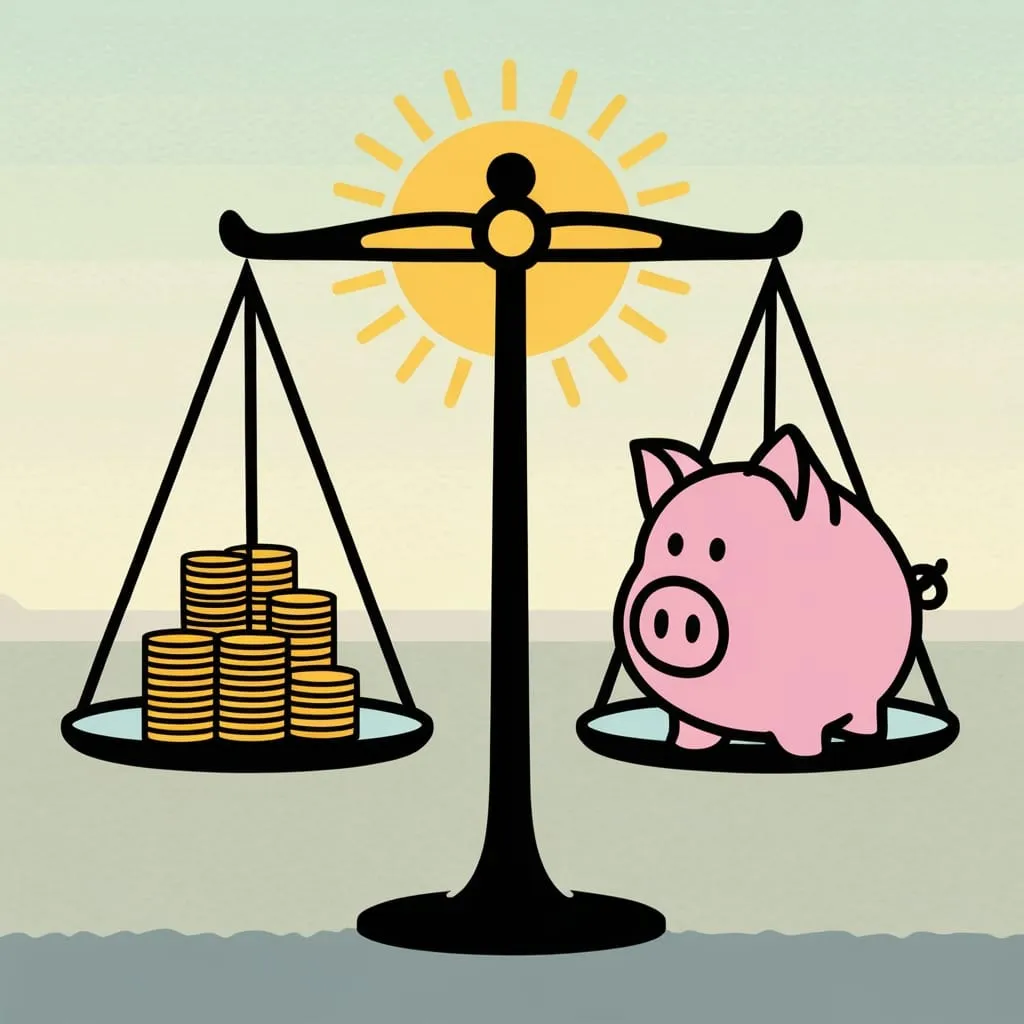Short selling has been a hot topic in the finance world lately. It's got people talking, and some are even calling for it to be banned. But what's the big deal? Let's dive into this controversial practice and see what all the fuss is about.
First off, let's break down what short selling actually is. Imagine you're at a party, and you overhear someone say they're selling their car. You know it's a lemon, and you think the price will drop soon. So, you tell your friend you'll sell them the car right now at the current price. Thing is, you don't own the car. You're banking on buying it later when the price drops, then handing it over to your friend. That's basically short selling, but with stocks instead of cars.
Now, this practice has been around for ages. We're talking centuries here. It first popped up in the Dutch Republic and then made a big splash during the South Sea Bubble of 1720 in Britain. That event was such a mess that it led to some major changes in how the financial world operated.
But here's the thing – short selling has always been a bit controversial. Some people see it as a way to manipulate the market and profit from others' losses. They argue that it can make bad situations worse, especially during market downturns. It's like kicking someone when they're already down.
On the flip side, supporters of short selling say it's actually good for the market. They argue that it helps keep things balanced by allowing investors to express negative views about a stock. It's like having a reality check for overvalued companies or those trying to pull a fast one with dodgy practices.
Remember the Enron scandal? Short sellers were some of the first to raise red flags about what was going on there. They're like the market's watchdogs, sniffing out potential problems before they blow up.
But despite these potential benefits, regulators have been keeping a close eye on short selling. During the 2008 financial crisis, several countries put temporary bans on it to try and stabilize things. The problem was, these bans often backfired. They made it harder for people to buy and sell stocks, which is kind of like trying to fix a leaky pipe by turning off the water supply – it might stop the leak, but now no one can use the sink.
More recently, South Korea extended a ban on short selling to prevent big investment banks from engaging in shady practices. At first, this led to a rally in South Korean stocks. But the gains didn't last long, and some critics argued that it actually made the market less transparent and less attractive to global investors.
So, what would happen if short selling was banned for good? Well, it could have some pretty significant impacts on the market and investors. For one, it could make it harder to buy and sell stocks, which could lead to higher transaction costs. It's like trying to sell your house in a neighborhood where no one's allowed to move – it's going to be tough to find a buyer.
It could also make it harder for investors to protect themselves during market downturns. Short selling is often used as a way to hedge against potential losses. Without this tool, investors might find themselves more exposed to market volatility. It's like taking away someone's umbrella right before a rainstorm.
But it's not just individual investors who could be affected. Banning short selling could have broader economic implications too. Short sellers often act as a check on corporate governance by exposing overvalued companies or those engaging in fraudulent activities. Without them, companies might be less inclined to keep their financial practices honest and transparent. It's like removing the referee from a sports game – suddenly, players might be more tempted to break the rules.
So, what's the solution? Well, instead of outright bans, many regulators are looking at alternative ways to address the potential abuses of short selling. For example, the SEC has implemented rules to improve transparency and reduce the risk of naked short selling (that's when someone sells shares they don't actually have). These measures aim to strike a balance between the benefits of short selling and the need to protect investors and maintain market integrity.
It's worth noting that the debate over short selling isn't just happening in the U.S. or Europe. Different countries have different views on the practice. In France, for instance, short selling has historically been viewed with suspicion. Napoleon Bonaparte even outlawed it at one point, seeing it as a critique of his economic policies. Talk about taking things personally!
For individual investors, the prospect of a short selling ban might seem a bit daunting. After all, it's a tool that many use to manage risk in their portfolios. Without it, investors might need to rethink their strategies for protecting their investments during market downturns. It's like suddenly having to learn a new dance routine right before a big performance.
But it's not all doom and gloom. Even if short selling were banned, investors would likely find new ways to express negative views on stocks or hedge their positions. The market has a way of adapting to new regulations and finding workarounds. It's like water finding a new path when you block its flow – it always finds a way.
In the end, the debate over short selling is complex and multifaceted. There are valid arguments on both sides, and it's not a black-and-white issue. As regulators continue to grapple with this topic, it's clear that any decision to ban short selling would need to be carefully considered.
For now, the future of short selling remains uncertain. It's like we're all watching a high-stakes poker game, waiting to see what cards will be played next. But one thing's for sure – the financial world is always evolving, and whatever happens with short selling, investors will need to stay on their toes and be ready to adapt.
So, whether you're a fan of short selling or think it should be banned, it's worth keeping an eye on this debate. After all, it could have significant impacts on how we all invest and interact with the market. And who knows? Maybe one day we'll look back on this debate and wonder what all the fuss was about. Or maybe we'll be living in a world where short selling is as outdated as using a flip phone. Only time will tell.
In the meantime, it's important for investors to stay informed and understand the implications of any potential changes to short selling regulations. Whether you're a seasoned trader or just starting out, knowledge is power when it comes to navigating the complex world of finance.
So, keep your ears to the ground, stay curious, and don't be afraid to ask questions. After all, the more we understand about how the market works, the better equipped we'll be to make smart investment decisions – whether short selling is allowed or not.
And remember, at the end of the day, investing is all about making informed choices based on your own financial goals and risk tolerance. So, whether you're long on stocks, short on stocks, or just trying to figure out what all these terms mean, keep learning, keep growing, and most importantly, keep your sense of humor. Because let's face it, sometimes the world of finance can be pretty absurd – and that's part of what makes it so fascinating.






